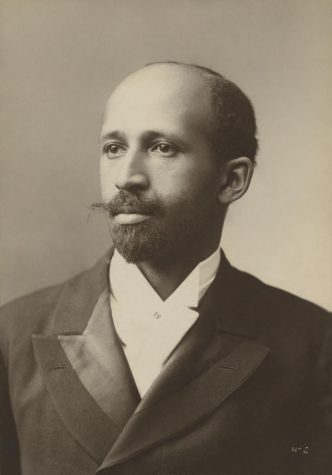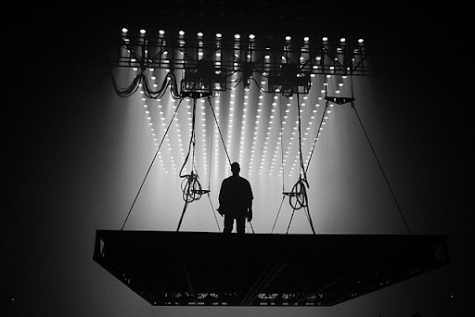Let’s not be too restrictive with the title of ‘public intellectual’

The label of public intellectual comes pre-packaged with internal conflict.
The abilities required to come up with an idea and the abilities required to make an idea popular are distinct. To come up with new ideas or social theories requires one type of expertise while disseminating ideas requires another. An author of a book can create, while a book publisher can distribute. A public intellectual needs to be able to do both, but instead of creating stories, often they are creating new concepts and new ways of looking at the world.
To be a public intellectual is to merge these two skill sets. It is to be an expert who can, at the very least, speak knowledgeably about concepts in their chosen field and have social clout to the point where the public will listen.
While the public aspect is fairly straightforward, the definition of what qualifies someone as a public intellectual is too often restrictive. Alan Lightman defined one as someone who is “often trained in a particular discipline, such as linguistics, biology, history, economics, literary criticism, and who is on the faculty of a college or university.”
This definition, and others like it that have some stringent academic component, at least looking to influential figures in the black community, can be unnecessarily constrictive.
Using these narrow definitions can disqualify individuals who, for all intents and purposes, carry the clout of a public intellectual.
Of course, the Black intellectual tradition does rely heavily upon academics. The list is never-ending—Nikole Hannah-Jones, Ibrahim X. Kendi, Cornell West, Bell Hooks, Henry Louis Gates Jr., Angela Davis, et al. have either started from or spent significant time working in academia.
This makes intuitive sense. Being a college professor requires the skill set that makes a scholar, and provides an individual with the time and resources to further their academic pursuits. In many cases, professors are encouraged to have a significant public profile. Having a well-known professor can bring in students and funding.
In the Black community, however, there are two separate industries working alongside academia to create people who either are or sometimes fill the role of, the public intellectual.
Arguably the most iconic is the clergy, as religious heads have a direct line of communication with their communities; they preach to them every Sunday. Theological education is incredibly rigorous and can involve wrestling with complex issues of ethics and morality, especially for those in black parishes, where questions of social responsibility are center stage. For an example of how that debate plays out, see Senator Warnock’s “The Divided Mind of the Black Church.”
There’s also entertainment, which includes authors, TV personalities, and musicians. This genre of public intellectuals often has their audience precede their experience, or at least develop independently of it. Here, the line between political commentator and intellectual can be the most blurry; however, I would contend that many prominent black political commentators take the role of modern public intellectuals at times.
While individuals in these two fields, especially in entertainment, may not receive the title “public intellectual,” in many important respects, they are. People like Killer Mike, Trevor Noah, Dave Chappelle, Oprah, Dick Gregory, Dr. Umar, the Breakfast Club et criteria ad infinitum, have, for better in some cases and for worse in others, shaped the political, social, and philosophical outlooks of millions of black Americans.
These individuals, even if they are not coming up with new ideas, are people who some consider smart and worth listening to. If they lean more into the public part of the phrase public intellectual, that doesn’t diminish their importance; if anything, it means they demand more attention.
To dismiss non-academics as not public intellectuals is not only a disservice to them but dangerous to us. Like it or not, individuals outside of ivory towers have a profound impact on the thinking of the Black community, and we should all take them seriously.







